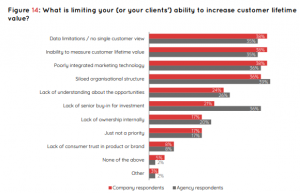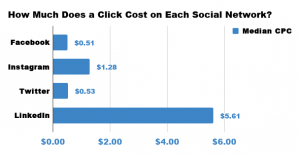As concerns about the effects of social media on children’s mental health continue to grow, a bipartisan group of senators has introduced legislation that looks to put age limits on exactly who can log into Snapchat, Instagram, TikTok, and other sites.
The Protecting Kids on Social Media Act, introduced Wednesday, would require users to be at least 13 years old to use social media, with minors between the ages of 13 and 17 required to obtain parental consent.
If passed, the bill would force social media companies to be much more vigorous in their age verification efforts, requiring them to create a pilot project for a government-provided age verification system. It also would prohibit them from using any information obtained in that process for other purposes.
The bill would further prohibit those companies from using algorithms to recommend content to anyone under the age of 18.
“The growing evidence is clear: Social media is making kids more depressed and wreaking havoc on their mental health. While kids are suffering, social media companies are profiting. This needs to stop,” said Senator Brian Schatz (D-Hawaii), one of the bill’s cosponsors.
Senators Tom Cotton (R-Arkansas), Chris Murphy (D-Connecticut), and Katie Britt (R-Alabama) are additional cosponsors of the bill.
Should companies fail to enforce the rules of the bill, the FTC and state attorneys general would have jurisdiction in prosecuting offenders.
Several social media companies, including Instagram and Facebook, already require users to be at least 13 years old, but their enforcement techniques have been questionable. Others, such as TikTok, offer “curated” memberships for people under the age of 13, which they say offer additional safeguards.
That has been of little comfort to Congress. Last month, Democrats and Republicans put aside their differences to grill the CEO of TikTok over concerns about user privacy and China’s influence on the app.
“You have unified Republicans and Democrats and if only for a day; we’re actually unified because we have serious concerns,” Rep. August Pfluger (R -Texas) told CEO Shou Zi Chew.
The federal action comes on the heels of moves by state laws in Utah and Arkansas that require anyone under the age of 18 to obtain parental consent before they join social media platforms. (Utah’s bill also sets a curfew for younger users and gives guardians access to their child’s account.)
Last Friday, meanwhile, lawmakers in Montana passed a bill that banned TikTok from the state entirely on personal devices, with potential penalties for the company of up to $10,000 per day. That bill, if signed by the governor, would take effect in January, assuming legal challenges don’t delay that.
“The alarm bells about social media’s devastating impact on kids have been sounding for a long time, and yet time and time again, these companies have proven they care more about profit than preventing the well-documented harm they cause,” said Senator Murphy. “In particular, these algorithms are sending many down dangerous online rabbit holes, with little chance for parents to know what their kids are seeing online. None of this is out of Congress’s control, and this bipartisan legislation would take important steps to protect kids and hold social media companies accountable.”

The call to regulate social media companies has moved beyond the Capitol in Washington. Earlier this year, Surgeon General Vivek H. Murphy said the age of 13 is “too early” for kids to join social media, saying, “It’s a time where it’s really important for us to be thoughtful about what’s going into how they think about their own self-worth and their relationships and the skewed and often distorted environment of social media often does a disservice to many of those children.”
Other studies in medical journals have linked social media to anxiety and depression in teenagers, as well.
(18)
Report Post









